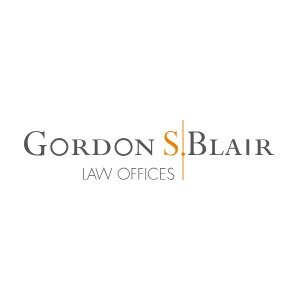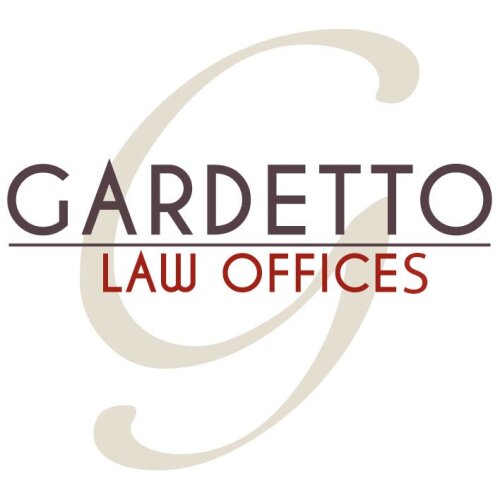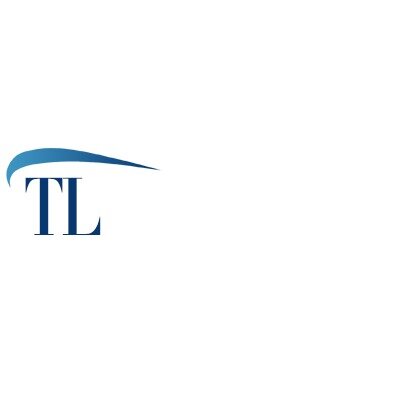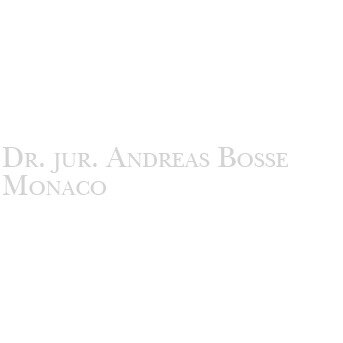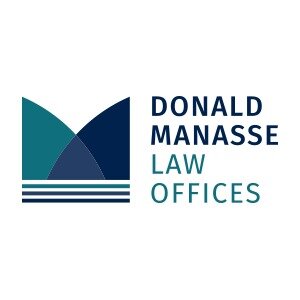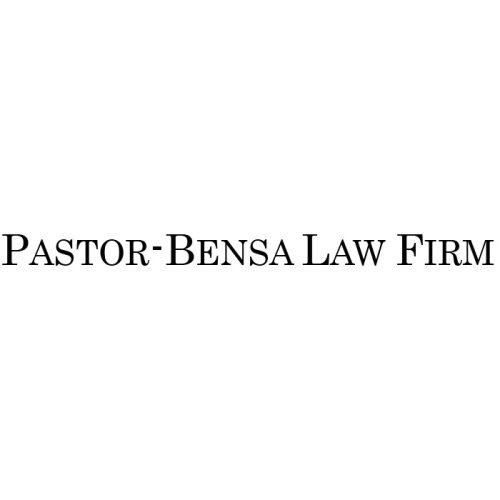Best Tax Lawyers in Monaco
Share your needs with us, get contacted by law firms.
Free. Takes 2 min.
List of the best lawyers in Monaco, Monaco
About Tax Law in Monaco, Monaco
The Principality of Monaco is known for its favorable tax regime, particularly its lack of personal income tax for residents. However, this does not mean that Monaco is a tax-free haven. Businesses and certain individuals still face tax obligations under Monaco law. Corporate taxes, VAT, and other specific levies are applicable, and understanding the nuances of these regulations is crucial for lawful and optimized financial management.
Why You May Need a Lawyer
Engaging a lawyer specializing in tax law in Monaco can be vital for many situations, including:
- Business Setup: Assistance in structuring a business to minimize tax liabilities and comply with local legislation.
- Tax Compliance: Ensuring that all tax filings and payments are accurate and timely to avoid penalties.
- Tax Disputes: Representation in disputes with Monaco’s tax authorities or navigating audits.
- Inheritance Planning: Structuring trusts and estates to optimize taxes on inheritance.
- International Taxation: Managing issues related to double taxation, residency status, and cross-border tax implications.
Local Laws Overview
Monaco’s tax policies are unique, and the following key aspects are particularly relevant:
- Personal Income Tax: Monaco residents, except French nationals, are exempt from personal income tax.
- Corporate Tax: Companies earning more than 25% of their turnover outside Monaco, or whose activities consist of earning revenues from patents and literary or artistic property rights, are subject to corporate tax.
- Value-Added Tax (VAT): Monaco applies a VAT system identical to that of France, currently at a standard rate of 20%.
- Inheritance and Gift Tax: These taxes depend on the relationship between the deceased and the beneficiary, with rates ranging from 0% to 16%.
- Stamp Duty: This applies notably in real estate transactions and varies according to the transaction nature.
Frequently Asked Questions
1. Does Monaco impose a personal income tax?
No, Monaco does not impose personal income tax on its residents, with the exception of French nationals due to a bilateral agreement between Monaco and France.
2. What taxes are businesses in Monaco subject to?
Businesses in Monaco are subject to corporate taxes if they earn more than 25% of their income outside Monaco or deal with intellectual property rights. They are also subjected to VAT and social security contributions.
3. What are the inheritance tax rates in Monaco?
The inheritance tax in Monaco varies based on the relationship between the deceased and the beneficiary, ranging from 0% for direct descendants to 16% for unrelated individuals.
4. How can I avoid double taxation between Monaco and another country?
Monaco has entered into several tax information exchange agreements (TIEAs) and available exemptions may depend on the specific treaties between Monaco and the other country involved. Consulting a tax lawyer is advisable to navigate these complexities.
5. Is there a property tax in Monaco?
No, Monaco does not have a property tax. However, real estate transactions may be subject to stamp duty.
6. Do I need to file a tax return in Monaco?
For personal income, residents generally do not file tax returns due to the absence of personal income tax. However, businesses and some specific incomes may require filings.
7. How is VAT managed in Monaco?
Monaco follows the VAT system of France, with a standard rate of 20%. Businesses must collect VAT on sales and submit periodic returns to the tax authorities.
8. What should I do if I receive a tax audit notice?
It is advisable to immediately consult with a tax lawyer who can guide you through the process, represent you, and help manage the audit to ensure compliance and minimize any potential liabilities.
9. How does Monaco’s tax regime compare to other jurisdictions in Europe?
Monaco’s tax regime is considered highly favorable due to the lack of personal income tax and relatively lower corporate tax burdens compared to many European countries. This makes it an attractive location for high-net-worth individuals and certain businesses.
10. Can a tax lawyer help with tax planning and optimization?
Yes, a tax lawyer can provide valuable advice for tax planning and optimization, ensuring you are in compliance with local laws while legally minimizing your tax liabilities through effective strategies and planning.
Additional Resources
For more information and assistance related to tax in Monaco, the following resources can be helpful:
- Monaco Government Site for Tax Information
- Direction des Services Fiscaux (Tax Services Department)
- International tax advisory firms with a presence in Monaco
- Bar Association of Monaco for finding accredited tax lawyers
- Financial and legal consulting firms experienced in Monaco's tax laws
Next Steps
If you require legal assistance in tax matters in Monaco, consider the following steps:
- Identify Your Needs: Determine whether you need assistance with compliance, planning, dispute resolution, or another specific tax issue.
- Research Lawyers: Look for lawyers or firms specializing in Monaco tax law with a good reputation and relevant experience.
- Consultation: Schedule a consultation to discuss your situation and understand how they can assist you. Prepare relevant documents and questions in advance.
- Engage Services: Engage the services of the lawyer or firm that best meets your needs to ensure you are compliant and optimally managing your tax obligations in Monaco.
Lawzana helps you find the best lawyers and law firms in Monaco through a curated and pre-screened list of qualified legal professionals. Our platform offers rankings and detailed profiles of attorneys and law firms, allowing you to compare based on practice areas, including Tax, experience, and client feedback.
Each profile includes a description of the firm's areas of practice, client reviews, team members and partners, year of establishment, spoken languages, office locations, contact information, social media presence, and any published articles or resources. Most firms on our platform speak English and are experienced in both local and international legal matters.
Get a quote from top-rated law firms in Monaco, Monaco — quickly, securely, and without unnecessary hassle.
Disclaimer:
The information provided on this page is for general informational purposes only and does not constitute legal advice. While we strive to ensure the accuracy and relevance of the content, legal information may change over time, and interpretations of the law can vary. You should always consult with a qualified legal professional for advice specific to your situation.
We disclaim all liability for actions taken or not taken based on the content of this page. If you believe any information is incorrect or outdated, please contact us, and we will review and update it where appropriate.



